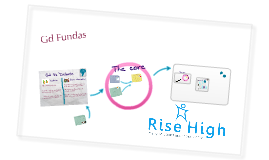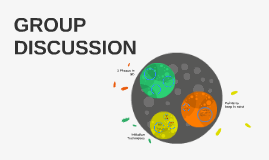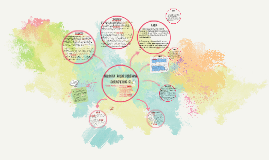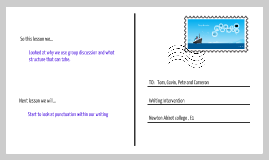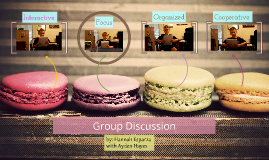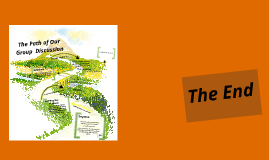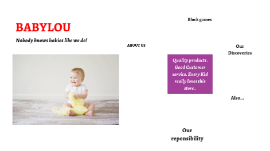Group Discussion
Transcript: Ruby a. I choose Japanese as my second language. I apply cognitive strategies when I review the lesson. I practice each word’s pronunciation. Also, I would write each new vocabulary. b. To make sure I remember those new words, I would prepare a paper and try to write those words. If I can’t write some word, then I will know I didn’t really learn it. If you are now taking a foreign language, you are becoming quite aware of your own learning processes. (a) In previous language learning experiences, how overtly aware were you of factor like ” good language learner” characteristics, your own styles, and strategies you could consciously apply? (b) What would you have done differently then, knowing what you know now? (c) What can you do differently in a current language learning situation, given what you now know from reading this chapter on styles and strategies? c. After reading this chapter, I think a study group might be a good choice. In study group, we can practice conversation together or discuss those parts we don’t understand. Also, we can cheer each other up when we feel depressed to learn. Astrid & CAROL Carol a. The characteristic tend to be high in ambiguity tolerance could acquire foreign language easier to low in ambiguity tolerance. Moreover, “Field independence” people are better in writing and reading through the traditional classroom type of learning, like test and drill. However, they are relatively poor in speaking and listening because of their reflective style of learning. “Field dependence” people are reverse. Their talent in speaking and listening could be performed through the face-to-face communication of teaching method. My own style of learning are “FD”, "low ambiguity tolerance”, auditory and kinesthetic, left-brain dominance. On learning foreign language, the strategy I can consciously apply is cognitive style included repetition, note taking, imagery. The strategy I apply in communication is affective style. Answers from Group Members Elwen c. Social strategy- cooperating with others in my learning process. I should make conversation with friends. Olivia b. Because I was shy, so I would try to apply socioaffective strategies like cooperating with peers or asking teachers or foreigners for repetition, explanation and etc. c. Now I want to apply metacognitive strategies to learn new language, because I consider that self-regulated learning is quite important for language learners. By doing so, learners can take charge of the learning process and progress clearly. Group Members: 41028254Elwen 410282024 Ruby 410282009 Olivia 410282014 Lisa 410181011 Astrid 410181016 Carol Lisa Group Discussion Question 5 b. Apply them on my daily life, including writing diary or conversation to make sure I can completely know how to express properly. b&c. I would try to enhance the level of ambiguity tolerance by being brave and confident. Besides, my learning strategies have to be adjusted because what an individual can do is very limited. Socioaffective strategies must be applied because I could benefit from cooperation with getting feedback and pool information. Moreover, I have ignored the metacognitve strategies before. When a problem came up, I hope the problem could be resolved quickly. Thus, I have my strategies to resolve the problem, but fatally I was unable to achieve it because what I lack are not the strategies toward problems, but the abilities of solving problems. About my communication strategies, I would feel anxious and ashamed of wrong speaking. The emotion stand as a great and rooted obstacle to me so I think the affective strategies are most critical to me because I need to face my emotional problem. c. After reading this chapter, I think what I lacked is autonomy and taking actions. I knew that if I want to learn Spanish well I have to keep practicing but I have seldom done it . From now on, I will do more practice during the class and after the class by reviewing and listening to improve my speaking and reading skills. Lisa a. I like to learn languages through music and movies. I used to print out lyrics or writing down dialogues, trying to sing along with the music a. I am learning Spanish now with the application of metacognitive and social strategies. When in class I will try to pay full attention, and respond to teacher’s questions actively. I will also ask other classmates to figure out when I confused about what was taught. b. After this process of awareness, I found that, for now, all I have applied are all indirect strategies. Maybe I should also use some direct strategies to help me learn Spanish, such as analyzing and reasoning( cognitive strategies) and overcoming limitations in speaking and writing (compensation strategies). Ruby Question 5 a. Actually, we didn’t so overtly aware of these (…characteristics& style& strategies…) before. But we still had some ideal “good language learners” characteristics, like: paying high attention, good at thinking and associating,






